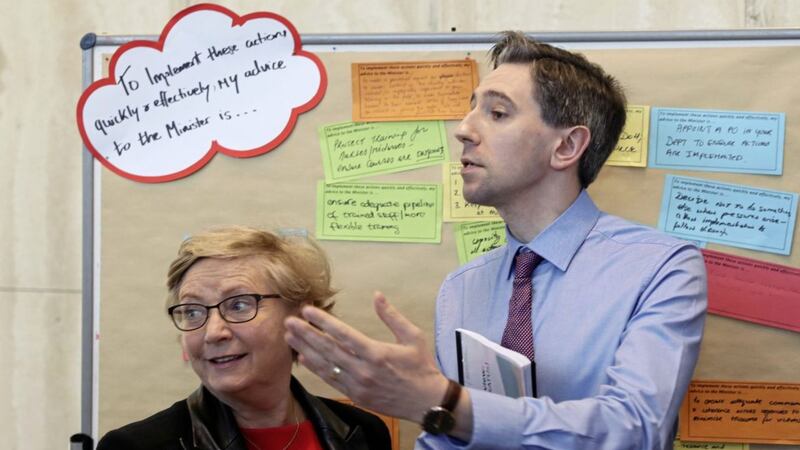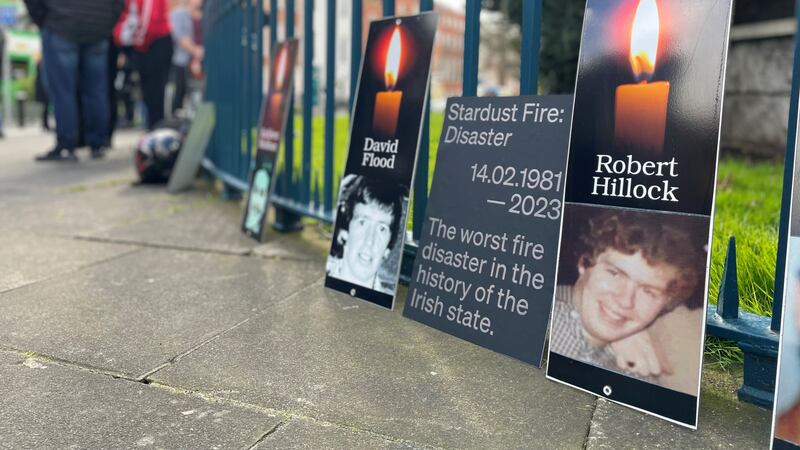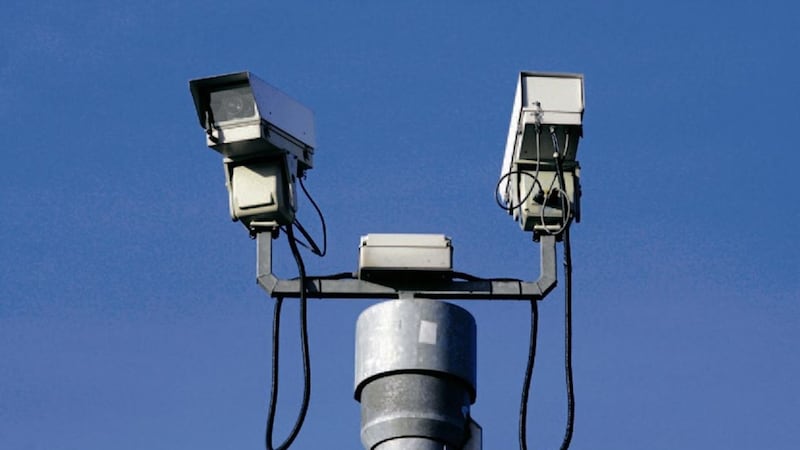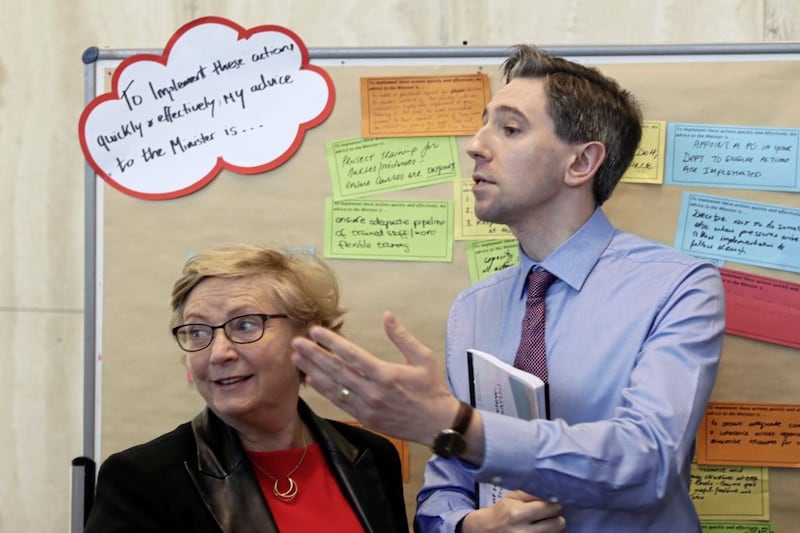A number of measures to improve services for victims of sexual assault will be introduced in a bid to meet rising demand.
The Republic's minister for health Simon Harris said that investment in Sexual Assault Treatment Unit (SATU) services will increase by €500,000 this year.
Following a policy review of the SATU services, a decision was taken to increase the number of forensic nurse examiners from six to 15 while the number of forensic medical examiners will also rise by funding two additional training programmes.
For the first time rapid responder forensic examiners will travel to patients in their local unit if there are staff shortages after some victims were forced to travel for a number of hours to the next unit.
Changes will also be made to units to make them look and feel "brighter and friendlier".
These changes will be made over the next two years.
SATUs support adults and adolescents who are victims of rape or sexual assault.
Last year, around 1,000 patients used SATU services around the country, with units located in Cork, Dublin, Galway, Mullingar, Letterkenny and Waterford.
Mr Harris said the Republic needs to do more to stamp out sexual violence which includes "societal action".
"In terms of how we raise our kids, in terms of how we teach people about respect and consent as well," he said.
"We all want to live in a country where rape and sexual assault is very rare, ideally where it doesn't happen at all.
"We will all have opportunities in our different walks of life to help take action to pursue that. I want anyone affected by these issues to know that we are all going to take action to try and reduce the level of sexual violence in our country.
"Sadly today, the reality in Ireland is that we know the rate of sexual violence is far too high and we also know the demand for our health services to support victims has never been higher."
He said that through the policy review he has learned about challenges facing staff including delays in training nurse and medical professionals to carry out forensic exams.
He also admitted that the funding available is "not sufficient" for the type of services needed in Ireland.
Dr Maeve Eogan, the national medical director at SATU, said these changes will lead to a more networked approach to the units.
She said: "It means if there is a problem in a SATU, there will be a national team they can go to to get something done in a prompt fashion.
"We hope by putting this on a national footing it will make a difference because the patients we care for are a really important group of patients.
"It is really important that this care is provided within defined units because it's really important that DNA evidence is collected with integrity and that the environments are forensically clean."
Minister of state at the Department of Education Mary Mitchell O'Connor said that the issue of sexual assault causes her a lot of concern.
"I am determined that our students and our campuses are kept safe," she said.
"The figures are alarming. A survey found that 16 per cent of respondents had experienced unwanted sexual contact and we know that statistics also show that people who are LGBT or people with a disability are specifically targeted for sexual harassment and violence."



